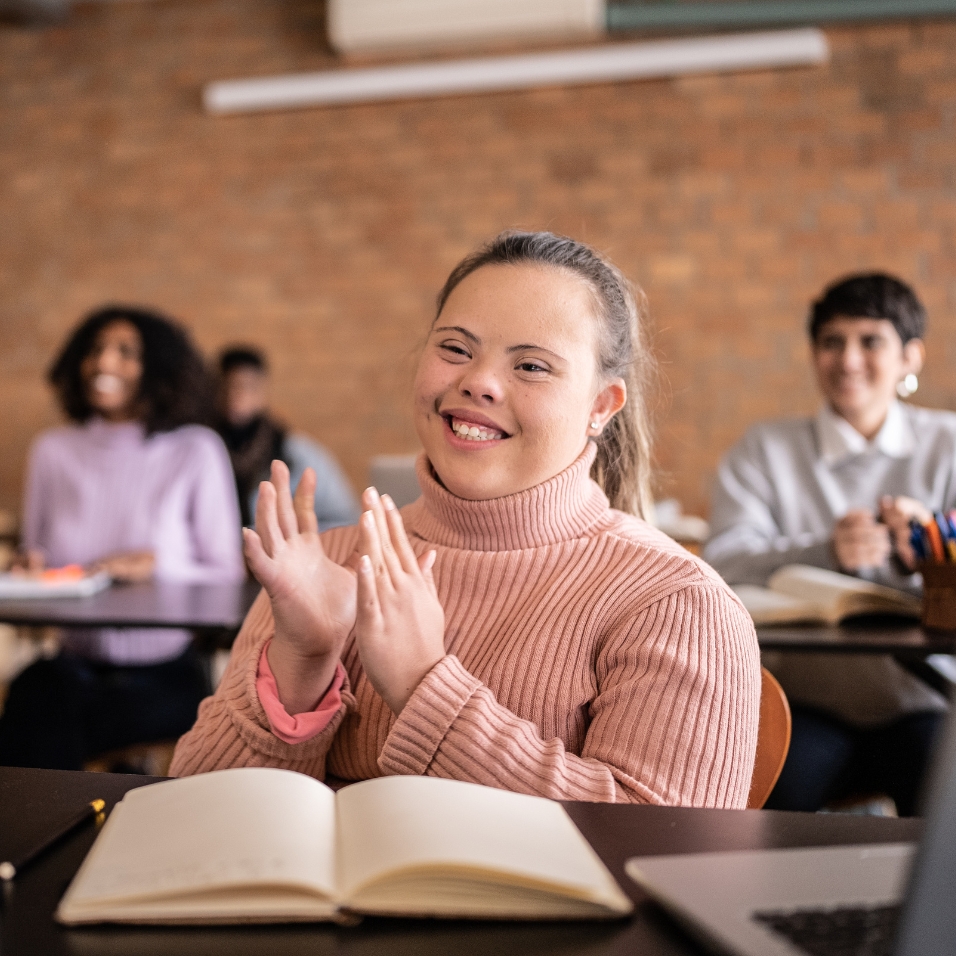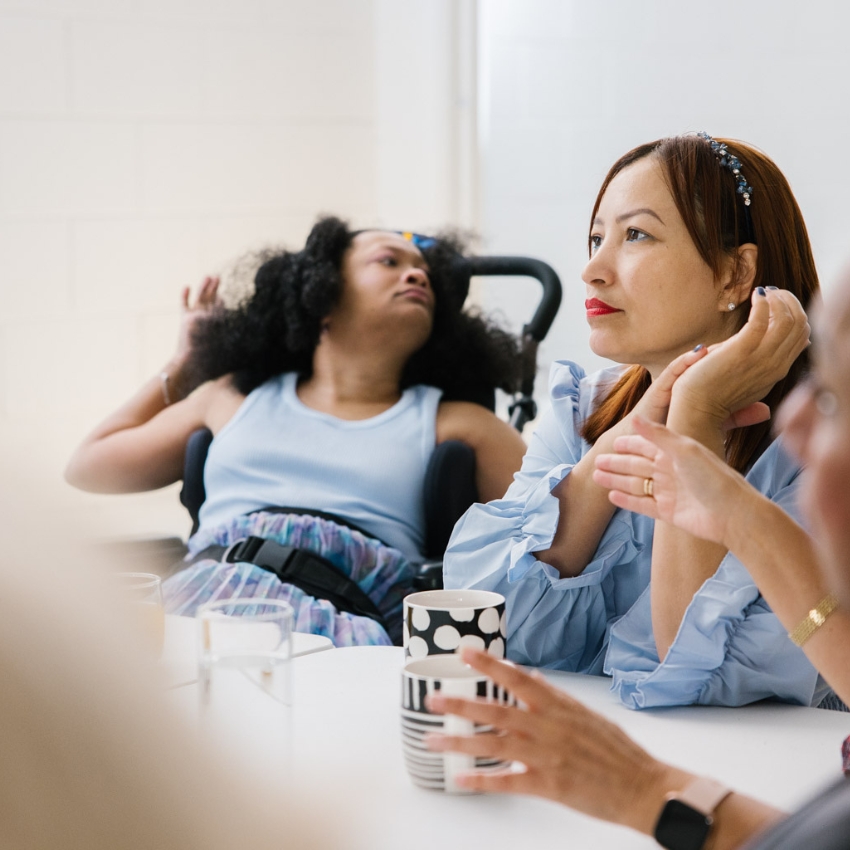Project details
Status: Current
The road to employment begins early – before a child starts school, when families are choosing how and where they’ll learn.
We support families, educators and schools to raise expectations, promote inclusion, and build confidence in every student’s future.
Our team works with schools to shift attitudes and strengthen inclusive practice.
We also offer training and tools to help families and educators foster a more inclusive education system.
Contact the Road to Employment team about inclusive education at raisingthebar@purpleorange.org.au, call (08) 8373 8388, or complete the contact form at the top of the page.
Explore resources and information about inclusive education.


